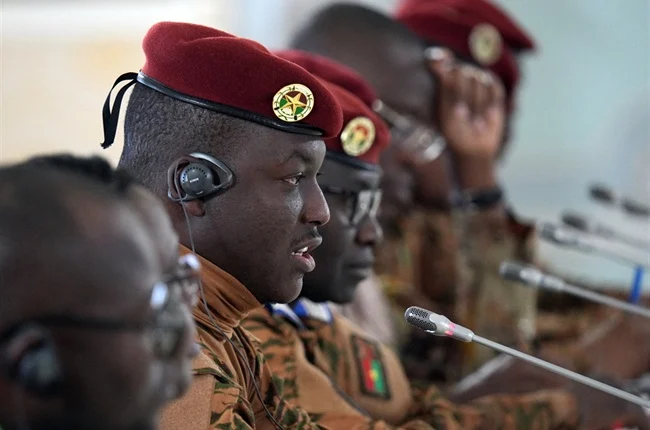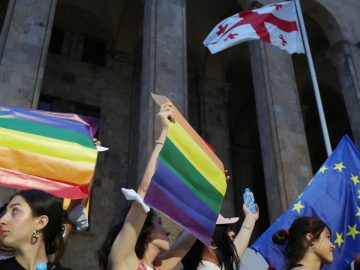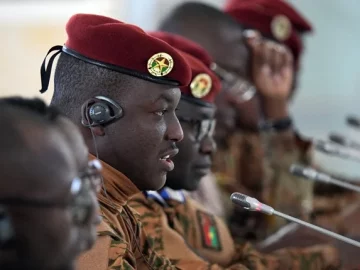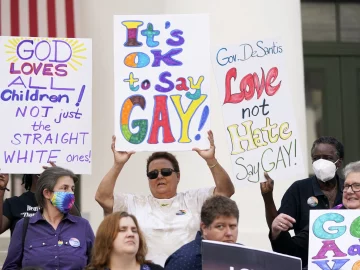Burkina Faso’s military has introduced a ban on homosexual acts, making the country the latest African state to increase its crackdown on same-sex relationships, despite clear opposition from Western countries. Although homosexuality was frowned upon in the socially conservative West African state, it was not officially banned until now.
Burkina Faso makes gay ban into law: dramatic change in military-ruled social policy
This decision represents an important step in the context of the harsh policies pursued by the military authorities since they came to power. The ban on homosexual relations has caused widespread public outcry both domestically and internationally, highlighting a significant change in Burkina Faso’s social and legal policies. The introduction of this law reflects a growing trend towards increased control and suppression of alternative forms of sexual orientation and gender identity in the region.
Justice Minister Edasso Rodrigue Bayala announced that the military junta government had approved a bill that would make homosexual relations a criminal offense, but declined to reveal details. Since a military coup in 2022 that brought the military to power, Burkina Faso has significantly reduced its ties with France, the former colonial power, and shifted its policy towards Russia.
Russia decriminalized homosexual acts in 1993, but under President Vladimir Putin the government has stepped up its crackdown on the LGBTQ community, introducing bans on what it defines as “propaganda of non-traditional sexual relationships.”
Burkina Faso’s decision to criminalize homosexual relations is linked to a review of marriage laws. The proposed law, which must be approved by the military-controlled parliament and approved by junta chief Ibrahim Traoré, would only recognize marriages based on religious and traditional norms.
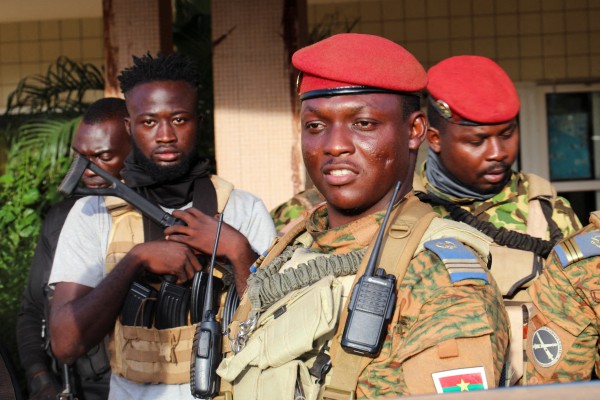
“From now on, homosexual relations and related practices will be prosecuted by law,” AFP quoted the justice minister as saying. Captain Ibrahim Traoré took power in September 2022, ousting the previous military leader, Lt. Col. Paul-Henri Damibou, whom he accused of failing to effectively fight the Islamist insurgency active in Burkina Faso since 2015.
Burkina Faso is now one of 22 of 54 African countries where same-sex relationships are not a crime. Unlike many former British colonies where laws against homosexuality were inherited after independence, the country did not adopt such rules after gaining independence from France in 1960.
In Burkina Faso, approximately 64% of the population is Muslim, while Christians make up 26%. The remaining 10% of the population adhere to traditional beliefs or are non-religious.
Africa at the epicenter of repression: Uganda introduces the death penalty for homosexual relations, Cameroon and Ghana also crack down on the LGBTQ community
In recent years, a number of African countries have tightened their measures against the LGBTQ community. Uganda, for example, recently passed laws increasing repression of the group, despite strong condemnation from local human rights groups and international authorities.
In May, the country’s Constitutional Court approved harsh amendments to the law providing for the death penalty for “serious cases of homosexuality.” These cases include same-sex relationships with minors or contracting incurable diseases such as HIV.
Activists intend to appeal this decision. In response to the new law, the World Bank suspended new loans to President Yoweri Museveni’s government, and the United States limited preferential access to American markets for Ugandan goods.
President Museveni has defended the new law, saying it strengthens traditional family values and stresses that Uganda will not allow the West to impose its norms. In Cameroon, the president’s daughter, Brenda Biya, is discussing her gay confession, which has caused mixed reactions. Living outside the country, Brenda hopes that her openness can influence the revision of the law that prohibits same-sex relationships in Cameroon.
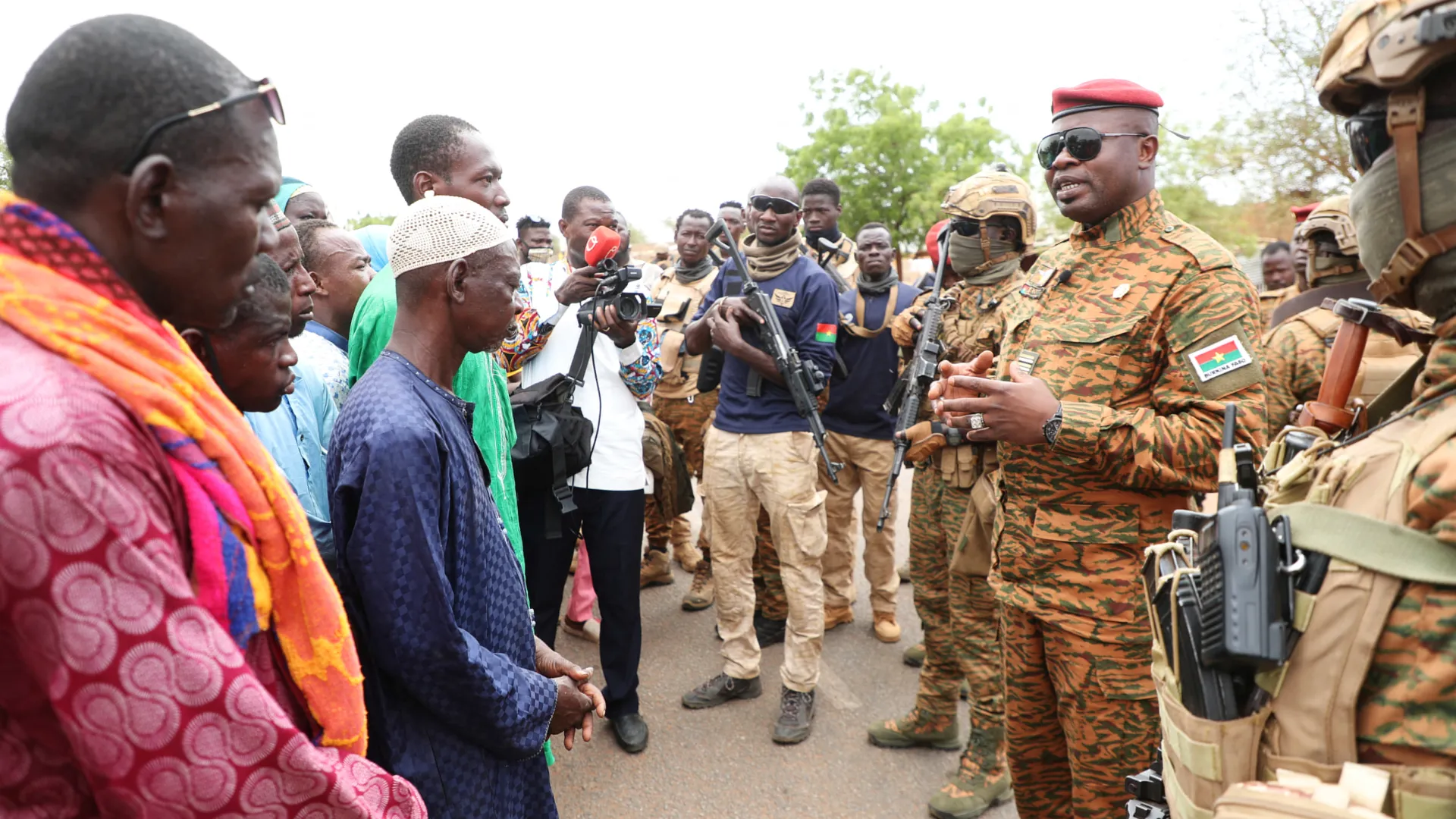
Since 1982, Cameroon has been ruled with a strong hand by 91-year-old President Paul Biya. In February, Ghana’s parliament approved a strict new law that would impose up to three years in prison for those found to be members of the LGBTQ+ community.
However, President Nana Akufo-Addo has yet to sign the law, saying he will wait for the court’s verdict on its constitutionality. The Treasury has warned that if the legislation is passed, Ghana risks losing $3.8bn (£3bn) in World Bank funding over the next five to six years.
Ghana faces a deep economic crisis and received significant financial support from the International Monetary Fund (IMF) last year.

